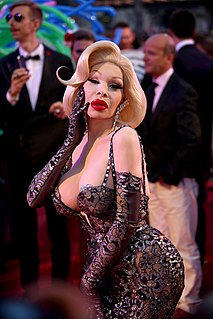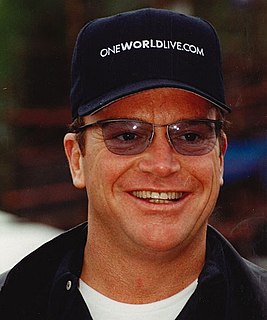A Quote by Florence King
Writers who have nothing to say always strain for metaphors to say it in.
Related Quotes
That famous writer’s block is a myth as far as I’m concerned. I think bad writers must have a great difficulty writing. They don’t want to do it. They have become writers out of reasons of ambition. It must be a great strain to them to make marks on a page when they really have nothing much to say, and don’t enjoy doing it. I’m not so sure what I have to say but I certainly enjoy making sentences.
The poet wants to ‘say’ something. Why, then, doesn’t he say it directly and fortrightly? Why is he willing to say it only through his metaphors? Through his metaphors, he risks saying it partially and obscurely, and risks saying nothing at all. But the risk must be taken, for direct statement leads to abstraction and threatens to take us out of poetry altogether.
Poetry begins in trivial metaphors, pretty metaphors, "grace" metaphors, and goes on to the profoundest thinking that we have. Poetry provides the one permissible way of saying one thing and meaning another. People say, "Why don’t you say what you mean?" We never do that, do we, being all of us too much poets. We like to talk in parables and in hints and in indirections - whether from diffidence or some other instinct.
People always think that when they grew up it was better. The people who went to Studio 54 say, "Oh, this is nothing!" or "The Limelight is nothing. In our day it was much better." But I mean, it's always great. It's always fresh to the kids. And to me, you've just got to make it happen. You can't be a downer and say, "This is nothing like the roaring 20s."
Fiction writers come up with some interesting metaphors when speaking of plot. Some say the plot is the highway and the characters are the automobiles. Others talk about stories that are "plot-driven," as if the plot were neither the highway nor the automobile, but the chauffeur. Others seem to have plot phobia and say they never plot. Still others turn up their noses at the very notion, as if there's something artificial, fraudulent, contrived.
If you're spending a lot of time in the writers' room and then you're also acting, you have your foot in both of those doors. I'd always say to the writers, "You can say whatever you want about your boss in front of me. I'm not going to think about it as my girlfriend." You've got to be able to trash your boss, in any job.





































